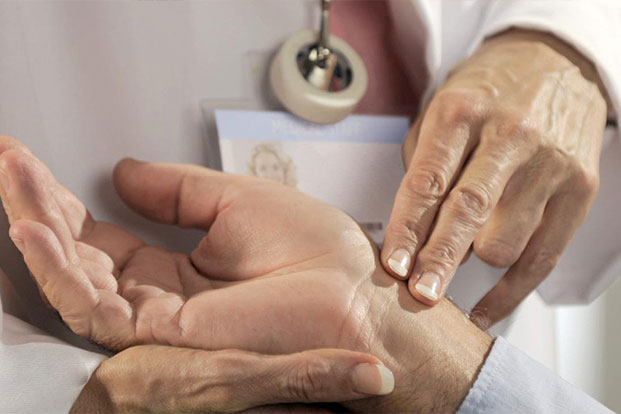Categories
- Bariatric Surgery (11)
- Black Fungus (5)
- Bone Marrow transplant (3)
- Brain Tumor Surgery Navigation Technology (20)
- Cardiac Surgery (66)
- Cardiology (97)
- Computer navigation technology for joint replacements (20)
- Covid Vaccination (17)
- Critical Care (2)
- Dental (19)
- Dermatology (31)
- Dialysis Support Group - “UTSAAH” (11)
- Dietitian (33)
- Emergency Medicine (4)
- Emotional Health (11)
- Endocrinology (33)
- ENT (20)
- Gastroenterology and GI Surgery (53)
- General and Laparoscopic Surgery (21)
- General Surgery (4)
- Gynecology & Obstetrics (183)
- Hematology (20)
- Internal Medicine (294)
- Kidney Transplant (50)
- Kidney Transplantation (20)
- Lung Cancer (8)
- Minimal Invasive Surgery (1)
- Mother & Child (20)
- mucormycosis (5)
- Nephrology (61)
- Neurology (147)
- Neurosurgery (68)
- Nutrition and Dietetics (107)
- Omicron Variant (1)
- Oncology (288)
- Ophthalmology (10)
- Orthopaedics & Joint Replacement (86)
- Paediatrics (59)
- Pediatric Nephrology (3)
- Physiotherapy (5)
- Plastic & Reconstructive Surgery (6)
- Psychiatry and Psychology (90)
- Psychologist (28)
- Pulmonology (72)
- Rheumatology (13)
- Spine Services (21)
- Transradial Angioplasty (16)
- Urology (84)
Query Form
Posted on Apr 19, 2022
What is the risk of a pregnant woman passing Hepatitis C to her baby?
Hepatitis C is chronic inflammation of the liver is caused by the hepatitis C virus. It is a disease that affects around 1% of pregnant women and can be transmitted to baby if you do not take appropriate measures. Seven different genotypes of hepatitis C virus are known today, which can be transmitted when the blood of an affected person comes in contact with that of a healthy person. Once the infection is acquired, it becomes chronic in 70-80% of patients, and in these cases, it can lead to liver cancer and cirrhosis over the years.

How can we prevent Hepatitis C ?
In spite of everything, prevention is essential. The primary route of transmission is the exposure to blood of patients infected with HCV and, although sexual transmission can also occur, it is much less frequent, except for anal relations. There is no vaccine for this viral infection as it has many species nor any evidence that we can have it shortly. Therefore, it is essential to emphasize prevention that lies in two fundamental pillars: avoid exposure to blood and unprotected sex.
Transmission of Hepatitis C from Mother to Baby:
In the case of pregnant women with this disease, the possibility of transmitting the infection to the baby varies, according to the different studies, between 4 and 20%. Also, one must bear in mind that 65-70% of those infected with hepatitis C virus do not know that they have the infection in their body, this means that in many cases infected pregnant women are unaware of the risks for their child. On the other hand, if the woman is diagnosed with hepatitis C during pregnancy, it is not recommended that she take antiviral treatment during the same.
One of the moments of risk of transmission of the virus to the fetus is during the diagnostic amniocentesis, a test to determine if the fetus has some chromosomal irregularity, in which amniotic fluid is extracted by a needle puncture through the wall abdomen, through the uterine wall and the amniotic sac to reach the amniotic fluid.
However, the maximum risk of a pregnant woman infecting her fetus occurs during childbirth and peripartum, by exposing the baby to maternal blood.



